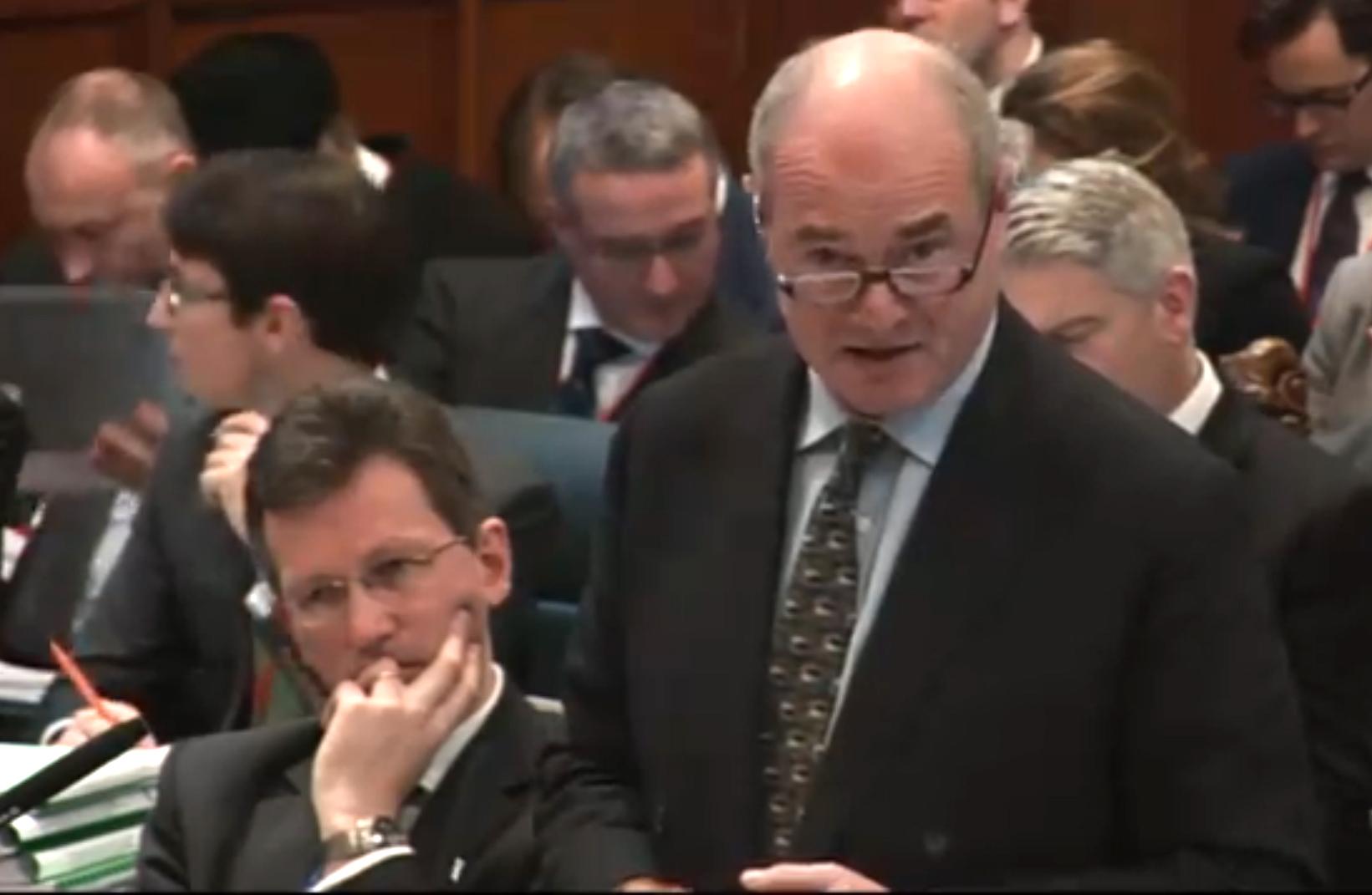Brexit Supreme Court Case: MPs' motion on Article 50 was not legally binding, Government lawyer admits
The lawyers made the admission in the fourth and final day of arguments in the Supreme Court Brexit appeal

A vote by MPs to back Theresa May’s Brexit plans was not legally binding, the Government’s lawyers have admitted.
James Eadie QC made the concession during the final day of Supreme Court appeal which is considering whether the Prime Minister has sufficient authority to trigger Article 50 without a vote by MPs.
Amid growing concerns about Ms May’s Brexit plans, 461 MPs voted in favour of a proposal to force the Prime Minister to stick to her proposed timetable of triggering Article 50 by March, the mechanism that starts the process for the UK to leave the European Union. 89 MPs rebelled and voted against the proposal.
Commenting on the motion, Mr Eadie told the Supreme Court: “No doubt it is not legally binding, but that doesn’t mean it isn’t legally significant.”
Following the motion, Gina Miller, who is one of the chief claimants bringing the case against the Government, said in a statement: “Parliament debating and voting on a motion or resolution simply won’t suffice. I hope that the Supreme Court will uphold the High Court ruling that Article 50 cannot be triggered using the royal prerogative.
“We do not believe the motion in Parliament has any bearing on our case. Our case has nothing to do with politics – it concerns legal process and the constitution. It is not about if we leave the EU, it is about how we leave the EU.”
Both parties appeared before the court to make final submissions on behalf of the Government in the Supreme Court Appeal on Article 50. The court also heard submissions from representatives of the Welsh and Scottish governments as to why the devolved parliaments should be entitled to vote on Article 50 too.
Law Officer for the Welsh Assembly Richard Gordon QC told the court flaws in the Government’s plans are so obvious “a six-year-old child could see them”.
The court also heard arguments on behalf of ex-pats living in EU countries and a representative of children who could lose rights due to EU withdrawal. They argue that only parliament can enact decisions to remove British citizens’ rights and as Brexit would entail this, only MPs can trigger Article 50.
The Government’s lawyers argue Theresa May has authority to do so alone as the 2015 Referendum Act which outlined the Brexit vote did not specify who can trigger Article 50.
The Supreme Court is hearing the appeal case which was referred to them by the Government after the High Court ruled against their favour last month.
The Supreme Court’s 11 justices have now retired to consider the case. A judgment is expected early in January. If the justices find against the Government, Ms May could ask for the case to be referred to European courts for further consideration however this would be considered highly contentious given the nature of the Brexit case.
Join our commenting forum
Join thought-provoking conversations, follow other Independent readers and see their replies
Comments
Bookmark popover
Removed from bookmarks